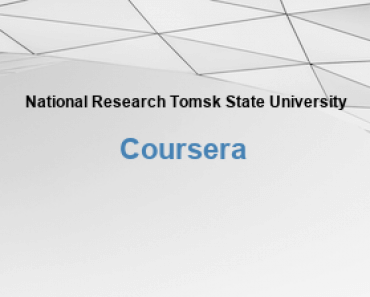Description
Our societies are changing. On one hand, unprecedented socio-demographic changes are underway: albeit unevenly across various settings, life expectancy continues to rise globally, facilitating the rise of numbers of people living with one or more chronic diseases. On the other hand, societies are undergoing major political transformations as well. Examples include the massive transition away from communism resulting from the dissolution of USSR and rise of participation societies in the EU, to name just a few.
In this shifting environment, the issue of health becomes particularly difficult to deal with. Current approaches to governing processes and structures that define people’s health often fall short in responding to the changing health needs of the populations and in being adequate to shifting societal conditions. How to ensure and improve the health of citizens in times of societal transitions? This course invites learners to explore this question using examples from multiple settings.
Aim
This course aims to equip learners with the knowledge and skills needed to assess, develop, and implement options for health policies, programs and services in ways that are responsive to changing population health needs and to societal contexts; and to provide learners with analytical insights into the interconnections between societal transformations, health, and governance to facilitate the development of more responsive and contextually adequate health and health governance approaches.
After completion of this course you will be able to:
1. Recognize dilemmas in the governance of health and healthcare and the origins of these dilemmas
2. To be aware of different approaches in governance of health and healthcare; identify the trade-offs in these approaches for particular cases
3. Recognize actors and structures pertaining to the governance of health and healthcare on different levels
4. Identify problems in policies, programs, structures, and practices pertaining to the governance of health and healthcare in specific settings
5. Formulate and justify combinations in approaches to health and health governance suitable to various applications in specific settings
This course was developed by a consortium of five universities: Maastricht University, National Research Tomsk State University, National University of “Kyiv-Mohyla Academy”, National Pirogov Memorial Medical University, Vinnytsya, and Siberian State Medical University within the framework of BIHSENA project. BIHSENA stands for “Bridging Innovations, Health and Societies: Educational capacity building in the Eastern European Neighbouring Areas”. BIHSENA project has been funded with support from the European Commission. This course reflects the views only of the authors, and the Commission cannot be held responsible for any use which may be made of the information contained therein.
Price: Enroll For Free!
Language: English
Subtitles: English
TUN Helps Students!
Scholarships
Community
Copyright, 2024 – TUN, Inc

